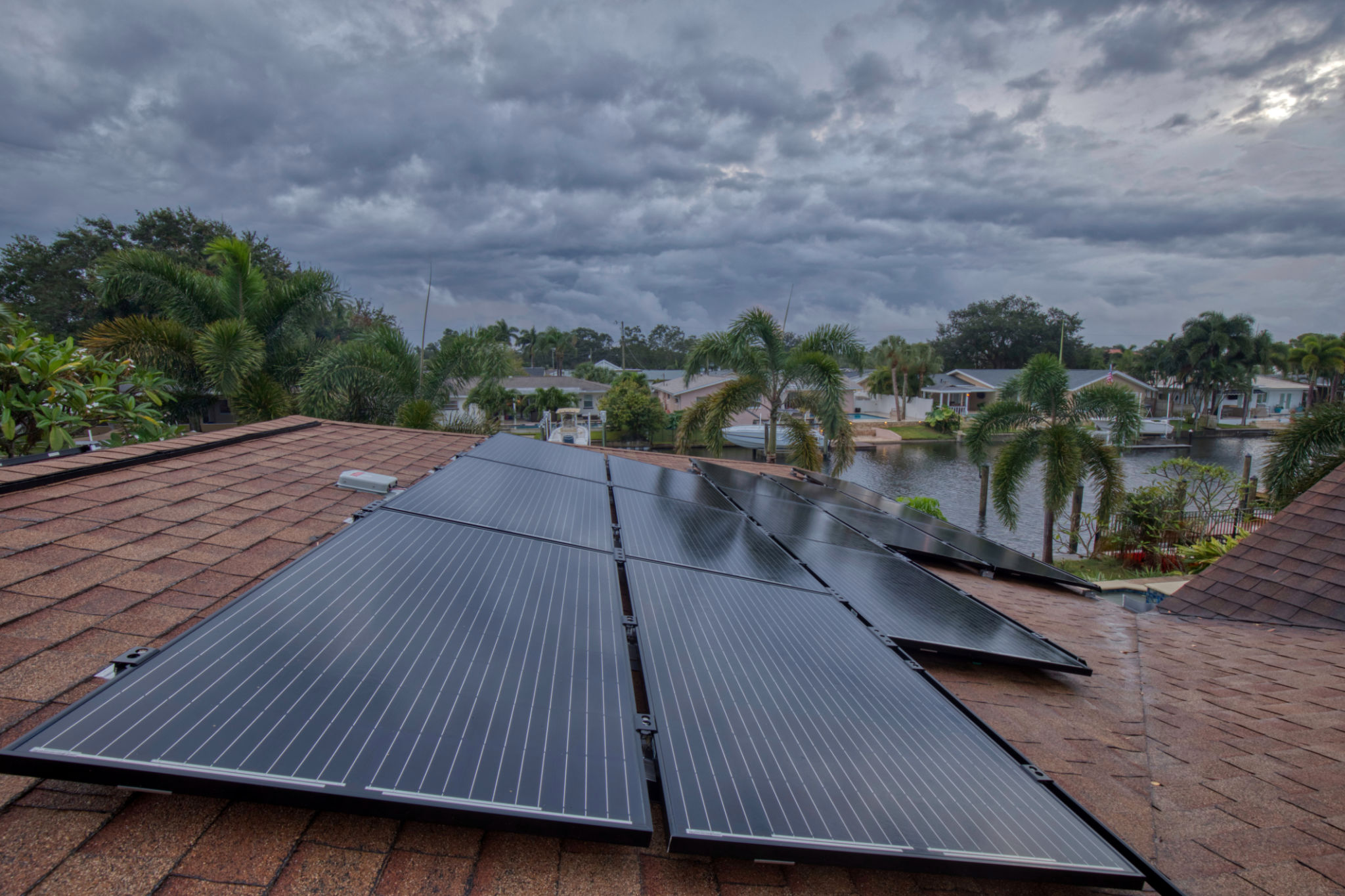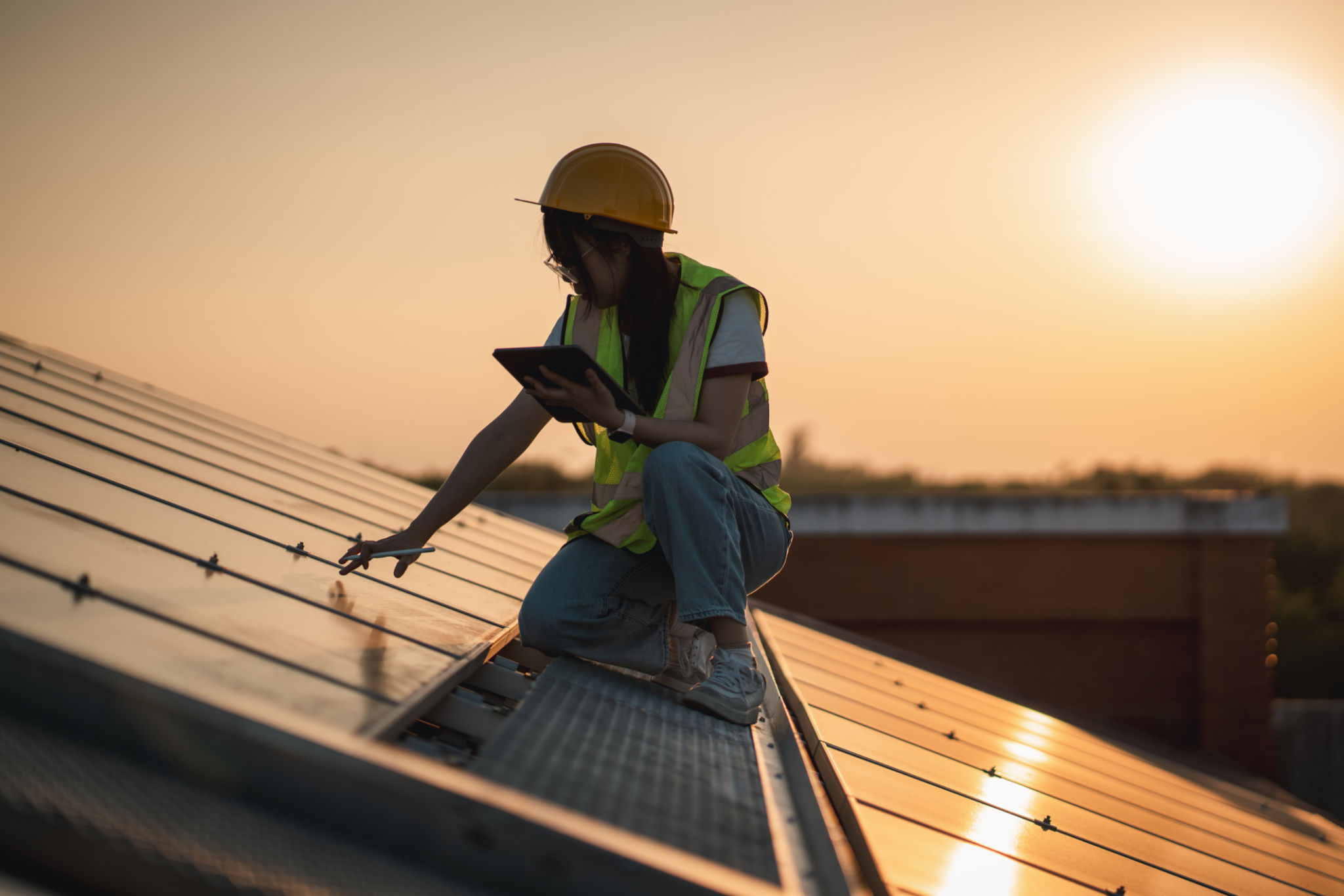Common Myths About Solar Power Debunked
Introduction to Solar Power Myths
Solar power has gained widespread attention as a sustainable energy source. However, despite its growing popularity, several myths continue to surround it. These misconceptions can often deter individuals and businesses from making the switch to solar energy. In this blog post, we aim to debunk some of the most common myths about solar power.
Myth 1: Solar Power Is Too Expensive
One of the most prevalent myths is that solar power is prohibitively expensive. While the initial cost of installation can be significant, it is important to consider the long-term savings. Solar panels can drastically reduce or even eliminate electricity bills, offering substantial savings over time. Moreover, numerous government incentives and financing options are available to make solar power more accessible.

Cost Analysis
The cost of solar panels has decreased by more than 70% over the past decade, making it a more viable option for many. Additionally, solar panels have a lifespan of about 25-30 years, providing energy savings for decades. Investing in solar power is not only financially feasible but also a strategic move for future savings.
Myth 2: Solar Panels Don’t Work in Cloudy or Cold Climates
Another common myth is that solar panels are ineffective in cloudy or cold climates. While it is true that solar panels are most efficient in direct sunlight, they can still generate electricity on cloudy days. In fact, countries like Germany and the United Kingdom, known for their cloudy weather, are among the leaders in solar power adoption.

Efficiency in Various Climates
Solar panels are designed to work in a range of climatic conditions. They can absorb both direct and indirect sunlight, enabling them to function efficiently even on overcast days. Cold temperatures do not hinder their performance—in fact, they can operate more efficiently in cooler climates.
Myth 3: Solar Panels Require High Maintenance
Many people believe that solar panels require extensive maintenance. The reality is quite the opposite. Solar panels are designed to be low-maintenance, needing only periodic cleaning to ensure optimal performance. Most systems come with warranties that cover maintenance issues for several years.

Durability and Longevity
Solar panels are built to withstand various environmental conditions, including hail and heavy rain. Their durability means that once installed, they require minimal intervention. Regular inspections and occasional cleaning can help maintain efficiency without significant effort or expense.
Myth 4: Solar Energy Is Not Reliable
Some skeptics argue that solar energy is unreliable due to its dependence on sunlight. However, advancements in technology have made solar power systems more reliable than ever. Innovations such as battery storage systems allow excess energy generated during sunny periods to be stored for use during nighttime or cloudy days.
Energy Storage Solutions
Battery storage solutions have become increasingly affordable and efficient, allowing users to store solar energy for later use. This development ensures a continuous power supply and increases the reliability of solar energy systems.
Conclusion
Debunking these myths is crucial for understanding the true potential of solar power. As technology continues to advance, solar energy becomes an increasingly viable and sustainable option for meeting our energy needs. By dispelling these misconceptions, we hope more individuals and businesses will consider embracing solar power as a practical and beneficial energy solution.